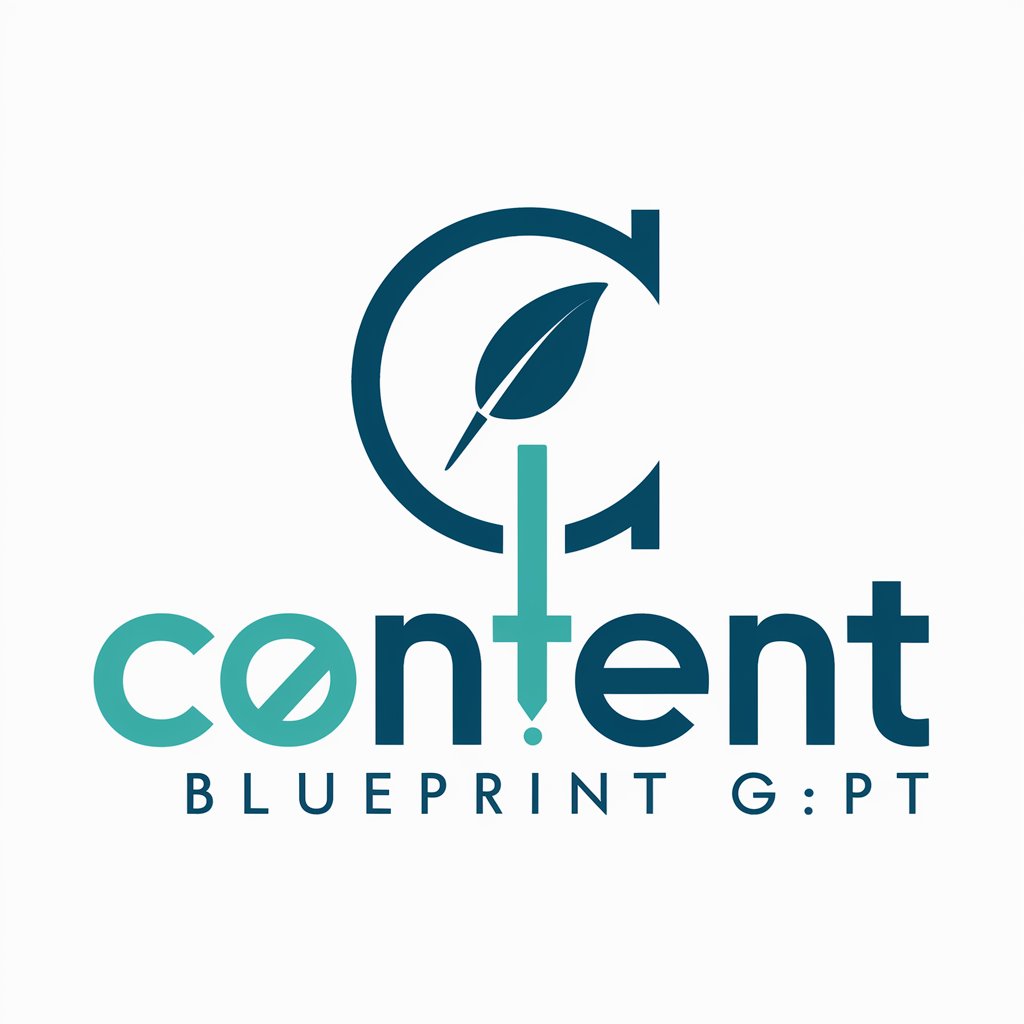
Community Health Worker - Chronic Disease Focus - Chronic Disease Support Tool

Hi, how can I assist you in community health work today?
Empowering Health Workers with AI
How do I educate about preventive healthcare?
What are effective outreach strategies?
Can you suggest resources for patient management?
Advice on navigating healthcare systems?
Get Embed Code
Introduction to Community Health Worker - Chronic Disease Focus
The Community Health Worker - Chronic Disease Focus is designed to serve as a specialized conduit between healthcare systems and communities, particularly focusing on chronic diseases. This role encompasses educating, advocating for, and supporting individuals and communities in the prevention, management, and understanding of chronic diseases such as diabetes, heart disease, and hypertension. By providing culturally sensitive health education, facilitating access to healthcare services, and offering direct support and coaching, Community Health Workers (CHWs) with a chronic disease focus are vital in promoting health equity and improving health outcomes. For example, a CHW might organize and lead community workshops on healthy eating and physical activity to prevent type 2 diabetes, or they might work one-on-one with patients to develop personalized disease management plans, ensuring they understand their medications and treatment protocols. Powered by ChatGPT-4o。

Main Functions of Community Health Worker - Chronic Disease Focus
Health Education and Promotion
Example
Conducting workshops on the importance of maintaining a healthy diet and regular physical activity to manage or prevent diabetes.
Scenario
A CHW organizes a series of community workshops in areas with high rates of type 2 diabetes, providing practical advice on meal planning, exercise, and monitoring blood sugar levels.
Direct Support and Coaching
Example
Assisting patients in developing and adhering to their chronic disease management plans.
Scenario
Working one-on-one with a patient recently diagnosed with hypertension, a CHW helps them to understand their medication regimen, encourages lifestyle changes, and sets up a follow-up system to track progress.
Advocacy and Facilitation of Access
Example
Helping patients navigate the healthcare system to access necessary services and advocating for patient-centered care.
Scenario
A CHW assists a patient with chronic obstructive pulmonary disease (COPD) in securing an appointment with a specialist, understanding their health insurance benefits, and preparing questions to ask their healthcare provider.
Community Outreach and Engagement
Example
Building relationships with community members to promote health screenings and preventive measures for chronic diseases.
Scenario
Organizing a community health fair where residents can get free blood pressure and blood sugar screenings, thereby identifying individuals at risk of chronic diseases early on.
Ideal Users of Community Health Worker - Chronic Disease Focus Services
Individuals with Chronic Diseases
People living with chronic conditions such as diabetes, hypertension, and heart disease who require ongoing support, education, and resources to manage their health effectively. They benefit from personalized coaching, health education, and advocacy in navigating healthcare services.
At-risk Populations
Individuals at high risk of developing chronic diseases due to factors such as genetics, lifestyle, and socio-economic status. These populations benefit from targeted preventive programs and screenings provided by CHWs.
Healthcare Providers
Doctors, nurses, and other healthcare professionals who collaborate with CHWs to extend care beyond clinical settings into communities. They rely on CHWs to provide patient education, follow-up care, and to address social determinants of health that impact chronic disease outcomes.
Community Organizations
Non-profits, faith-based organizations, and other community groups seeking to improve the health and well-being of their constituents. They partner with CHWs for health education, community health initiatives, and to bridge gaps in healthcare access.

How to Use Community Health Worker - Chronic Disease Focus
1
Start by visiting yeschat.ai to access a free trial instantly, without any need for login or subscribing to ChatGPT Plus.
2
Choose a chronic disease focus area you are interested in. This could range from diabetes management to heart disease prevention, depending on your community's needs.
3
Utilize the tool's resources and training modules designed specifically for the chosen chronic disease, to enhance your knowledge and skills.
4
Apply the learned strategies and tools in real-world scenarios within your community, such as conducting educational workshops or providing one-on-one support to individuals with chronic conditions.
5
Regularly review and reflect on your experiences using the tool. Leverage the continuous learning feature to update your knowledge base with the latest in chronic disease care and community health worker practices.
Try other advanced and practical GPTs
Paco the Taco Sales Trainer
Train smarter, sell more tacos with AI

How to Train Your Dog (or Cat, or Dragon, or...)
Empower Your Pet Training with AI

How to Train Your Husband
Lightening Couple Conversations with AI

AI Image Creative Trainer
Master AI Art with Expert Guidance

Innovation Station
Empowering Innovation with AI

Marketing Roasts
Empowering Brands with AI-Driven Marketing

Content Blueprint GPT
Crafting targeted content with AI

Intervy App SEO Content Creator
Elevate Your SEO Game with AI

Content: AutoScript | V1.0
Elevate TikTok Content with AI

Clip Consultant
Elevate Your YouTube Game with AI-Powered Insights

Cyber Tube
Elevating YouTube Presence with AI

TikTok Trend Expert
Elevate Your TikTok Game with AI-Powered Insights

Community Health Worker - Chronic Disease Focus Q&A
What is Community Health Worker - Chronic Disease Focus?
It's a specialized tool designed to support Community Health Workers (CHWs) in providing care and education for individuals with chronic diseases. It offers access to disease-specific information, training modules, and strategies for effective community engagement and patient support.
How can this tool help in managing chronic diseases?
The tool provides CHWs with up-to-date information on disease management, prevention strategies, and patient education techniques. It enhances the ability of CHWs to support patients in managing their conditions, improving their quality of life, and reducing the impact of chronic diseases in their communities.
Can the tool be used for any chronic disease?
Yes, the tool is designed to be versatile, covering a wide range of chronic diseases. It includes resources and training for common conditions such as diabetes, hypertension, cardiovascular diseases, and more, allowing CHWs to tailor their approach to the specific needs of their community.
Are there any prerequisites for using this tool?
While there are no strict prerequisites, it's beneficial for users to have a basic understanding of community health work. Familiarity with the principles of chronic disease management and patient education can also enhance the effectiveness of the tool.
What are some tips for optimizing the use of this tool?
To optimize the use of the tool, CHWs should actively engage with all its features, participate in available training modules, apply the strategies in their community engagements, and stay updated with the continuous learning resources. Regular reflection on the application of these strategies and adapting to feedback can significantly improve outcomes.